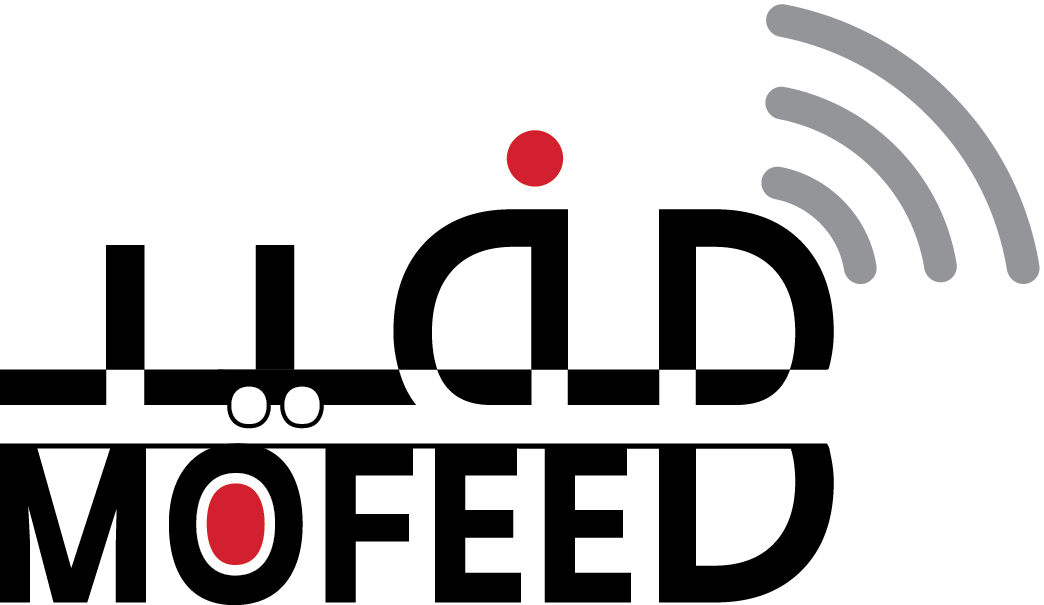Development of a Prediction Model for the Management of Noncommunicable Diseases Among Older Syrian Refugees Amidst the COVID-19 Pandemic in Lebanon
Journal of the American Medical Association This article investigates the predictors and barriers to managing noncommunicable diseases (NCDs) for older Syrian refugees in Lebanon during the COVID-19 pandemic. It lists predictors including age, no cash assistance, household water and food insecurity, and having multiple chronic diseases. Journal Article
Read More